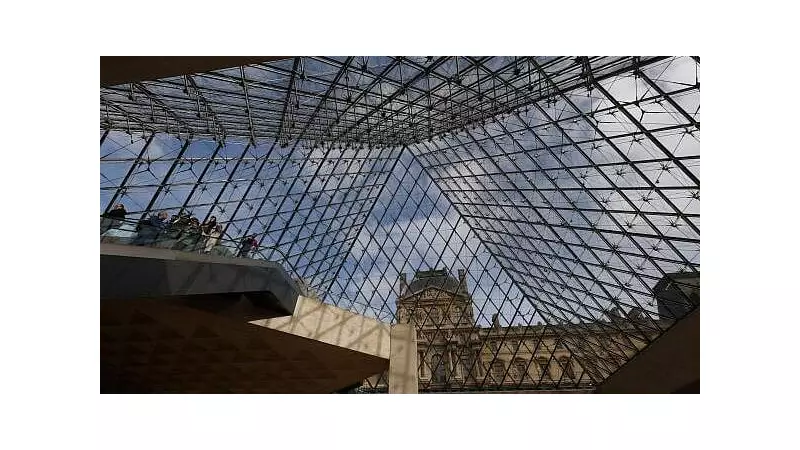
In what can only be described as one of history's most brazen cultural heists, French colonial administrators executed a systematic plunder of West African artefacts in 1932—an act that continues to haunt museum ethics and cultural conversations today.
The Daylight Robbery
The year was 1932 when French officials, under the guise of administrative procedure, orchestrated the removal of precious artefacts from West Africa. This wasn't a covert operation under cover of darkness, but a calculated, bureaucratic theft conducted in plain sight.
What makes this historical episode particularly disturbing is the meticulous documentation that accompanied the looting. French administrators created detailed inventories, carefully recording each stolen item as if it were a legitimate transfer of property rather than cultural plunder.
Shadows of Empire in Modern Museums
Today, these stolen artefacts reside in some of France's most prestigious institutions, including the Musée du Quai Branly. Their presence raises uncomfortable questions about the foundation of Western museum collections and the ethical dilemmas surrounding cultural restitution.
The case bears striking resemblance to the infamous Benin Bronzes controversy, where British colonial forces looted thousands of artefacts from the Kingdom of Benin in 1897. Both instances reveal a pattern of colonial powers treating cultural heritage as spoils of conquest.
The Unsettling Legacy
This historical theft isn't merely a relic of the past. It continues to shape contemporary debates about:
- Museum ethics and the responsibility of cultural institutions
- Restitution movements gaining momentum worldwide
- Cultural identity and the right to reclaim stolen heritage
- Post-colonial reconciliation through artefact return
A Global Conversation Ignited
The revelation of this 1932 Louvre-connected robbery adds fuel to the growing global movement demanding the return of looted artefacts. Countries across Africa and beyond are increasingly assertive in reclaiming their cultural property, challenging Western museums to confront their colonial past.
As museums worldwide grapple with these ethical questions, the story of France's daylight cultural robbery serves as a powerful reminder that the shadows of empire still linger in our most hallowed cultural institutions.
The conversation has moved from whether restitution should happen to how and when—marking a significant shift in how we understand cultural ownership in a post-colonial world.





